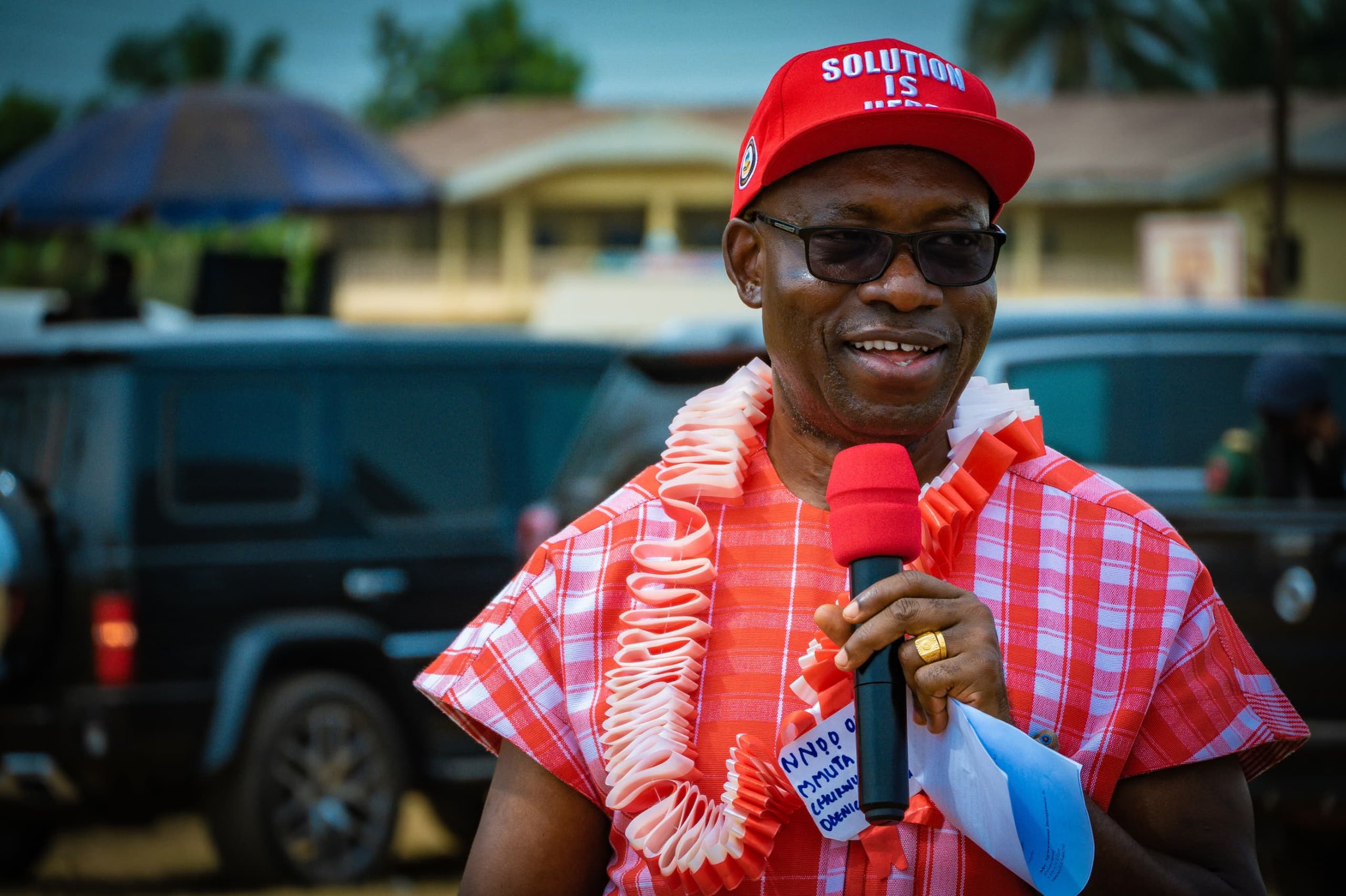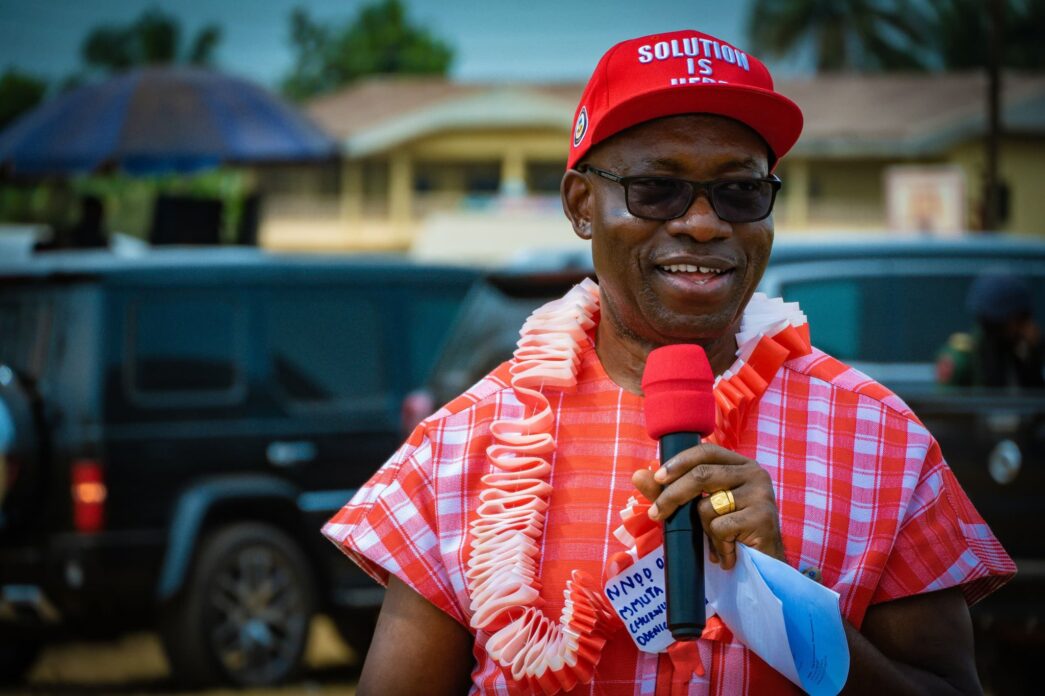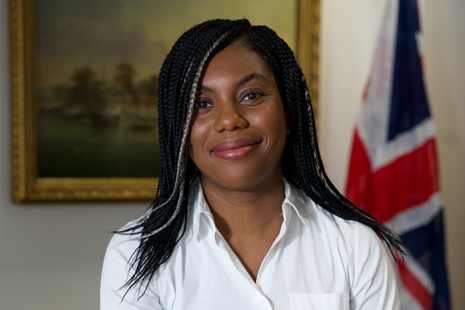In 2016, the Anglican Synod of the Diocese of Niger (Onitsha), Rt. Rev Owen Nwokolo, alleged that Anglicans in Anambra State were been marginalized by the state government. ‘’There is a gross imbalance in political appointments in the state. Anglican faithfuls in the state are shortchanged and marginalized from occupying government positions’’ Bishop Nwokolo alleged.
And in 2018, the Guardian Newspaper reported that after a group of 500 Anglican priests stormed the Government House to protest alleged marginalization, a non-governmental organization, known as Justice is Equality (JIE), decried the alleged continuous marginalization, intimidation and exclusion of non-Catholics by successive administrations in the state in terms of political inclusion. The Guardian Newspaper reported that the protesting group alleged that they were been marginalized in ‘’ listed appointments, employments, contracts, projects and even the choice of new traditional rulers’’.
For many – especially those who have lived in developed countries – it is difficult to believe that this kind of allegation is still being discussed in a supposedly plural society in this age and time. But in Nigeria, this kind of issue have been a subject of numerous social science research. (Many research papers have been published on ways to address and eliminate this problem in high impact social science journals).
To be clear: the objective of this column is not to make a case for any religious body or to prove any allegation but to argue that the perception of marginalization – whether real or imaginary – does not help in solidifying the broader unity and cohesion of society. No member of society – no matter what he or she believes in – should feel discriminated against. This is the foundation upon which the United States of America is built. Little wonder that the United States has made so much progress in the last 248 years. (Because of the progress the United States has made, the dollar has taken over the United Kingdom’s pounds sterling as a global reserve currency. The United Kingdom’s pound sterling was the primary reserve currency of much of the world in the 19th century and first half of the 20th century).
Advertisement
Interestingly, today, all these groups, who have hitherto alleged marginalization, have happily identified with Governor Chukwuma Soludo. The perception of any kind of marginalization – whether real or imaginary – no longer exists in Anambra. Governor Soludo, a catholic, practices ecumenism the way it should be as described by Pope Francis. This is commendable. A few weeks ago, in a video message to a group of youths holding an interreligious conference, Pope Francis praised cultural and religious diversity as “a gift from God”. “Unity is not uniformity,” …… “and the diversity of our cultural and religious identities is a gift from God”, Pope Francis added.
A few days ago, the Pentecostal Fellowship of Nigeria (PFN), Anambra State chapter, honored Governor Chukwuma Soludo with the title ‘Icon of Societal Transformation’ for his dedication to the development of Anambra State and society at large. The leadership of the PFN not only praised Governor Soludo for the aggressive infrastructural development being witnessed in Anambra, they were full of praise on how they are now made to ‘feel among in the state’. ‘’For the first time he acknowledged Pentecostal Mission School’’, a visibly excited Pentecostal cleric added as Governor Soludo was presented the ‘Icon of Society Award’ by the Anambra State chapter of the PFN.
A few months ago, at the inauguration of the new state Executives of the Christian Council of Nigeria (CCN), Anambra State, Governor Soludo was given an award as the ‘Solution Governor and Father of Ecumenism’. Incidentally, the chairman of the new CCN executive committee is the Anglican cleric and Bishop of the Niger, Rev. Owen Nwokolo.
Advertisement
Make no mistake about this: these are not just your everyday awards but are very significant symbolic gestures from very important leaders of society who have one time or the other alleged marginalization.
Cohesion amongst Christian faithfuls is important not only for the survival of Christianity but for the progress of society.
Today, Anambra is more united than it has ever been in its history. Governor Soludo’s philosophy of how society should be united is commendable.
Issues related to sectional marginalization, which has been a resounding theme in our polity should have no place in our society. It has created suspicion amongst Nigerians. This should not be the case in Nigeria. Afterall, anybody that is religious believes that there is only one God. The means people decide to relate to God should be more or less a private or personal issue.
Advertisement
Research shows that religious tolerance, especially between the two major religions in Nigeria (Islam and Christianity), can have a positive impact on the political economy of Nigeria in several ways. These positive impacts include: increased economic growth, increased political stability, reduced corruption and increased diversity. A society can only make progress when its people believe that through hard work, sacrifice, and risk-taking, regardless of their background or socio-economic status, anyone can make it!
Views expressed by contributors are strictly personal and not of TheCable.
Add a comment












